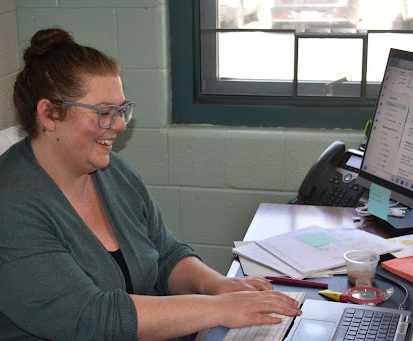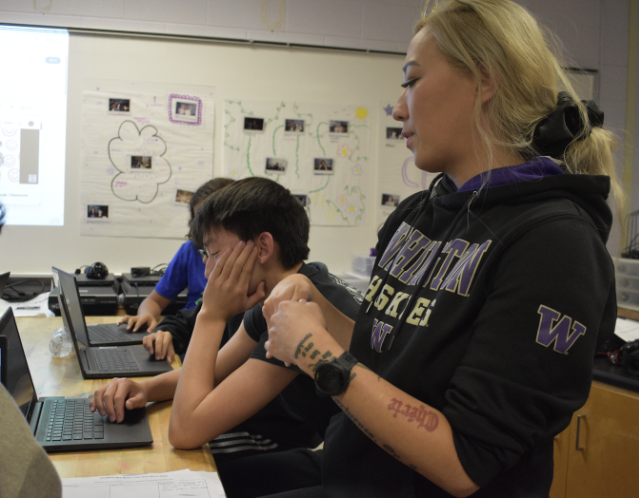This June 15, we honor the 60% of men worldwide who shape lives through love and presence. While it’s typically a season of barbecues and weekend games, Father’s Day holds a deeper meaning for many. Some celebrate their biological fathers, others honor those who simply showed up.
According to Britannica, Father’s Day began in the early 20th century. The idea was proposed by Sonora Smart Dodd in Spokane, Washington. She was inspired to celebrate her father, a single dad who raised six children on his own. Dodd worked with local clergy and the YMCA to organize the first Father’s Day celebration in Spokane on June 19, 1910, and eventually, former President Richard Nixon signed it into law as a national holiday in 1972. It was meant to recognize the role fathers play in family and society, a position that continues to evolve.
“I think it’s important to recognize a father on Father’s Day,” senior Maiwand Sultani said. “They’re someone that helped you become the man or woman you are now and someone you can look up to.”
Father’s Day is celebrated on the third Sunday in June, while traditionally focused on biological fathers, the day also recognizes the father figures in our lives, the men who set solid examples, offer guidance and provide support.
From grandfathers and uncles to older siblings and close family friends, there are countless individuals who step up for the role. For sophomore Jessica Abshire, that person is her older brother.
“I’m really grateful for my older brother because he’s always there to offer support and advice, ” Abshire said. “As a father figure, he looks out for me, teaches me important life lessons and helps me in tough situations. He’s responsible, patient and always makes sure I’m on the right track.”
Her experience highlights a broader reality, while not every household has a traditional father present, many young people are guided and supported by dependable role models, such as older siblings in this case. They step in to provide care, structure and life lessons a father figure often would.
As stated by PAVE, fathers and male role models have a significant impact on a child’s development throughout their life. The term “father figure” is often used in a wider sense to refer to any male who plays a key role in a child’s upbringing.
“A good father figure is someone who’s always there, gives support, teaches right from wrong and sets a good example,” sophomore Laura Daugherty said. “He doesn’t have to be your dad, just someone who cares, listens and helps you grow into a better person.”









